Laboratory tests for sexually transmitted diseases (STDs) for men with urological sampling
The tests included in the package detect pathogens from a urological sample taken from the urethra that can cause prostatitis and urethritis.
Due to the genital structure of men, only a few of them have symptoms of sexually transmitted diseases, which, however, does not mean that there is no infection.
In their case, it is possible to sample the urethra, which is forwarded for laboratory and special PCR tests. Performing a screening test can be a minor inconvenience, but not painful at all.
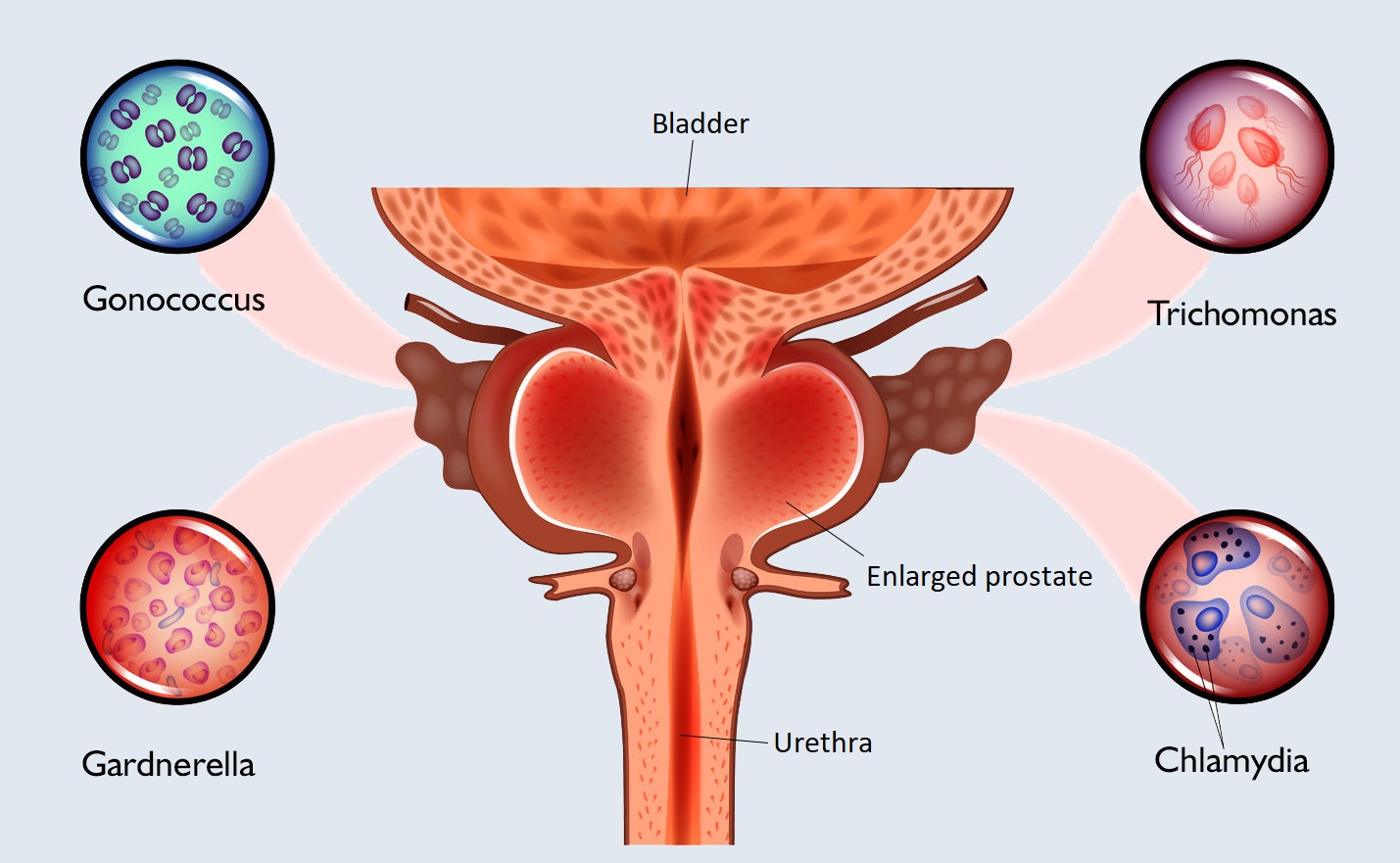
Symptoms of sexually transmitted diseases
In many cases, the patient does not experience any unpleasant symptoms, but if they do occur, they appear in the following form, depending on the infection:
- burning pain when urinating
- painful, swollen testicles,
- clear, translucent discharge from the urethra,
- yellowish-green discharge from the urethra,
- infertility,
- burning, itchy skin on the penis or around the rectum
The causes of diseases can be:
- Chlamydia trachomatis
- Neisseria Gonorrhoea
- Ureaplasma urealyticum/Ureaplasma parvum
- Mycoplasma hominis/Mycoplasma genitalium
- Herpes simplex I/II
- Treponema pallidum
- Trichomonas vaginalis
What items are included in the STD laboratory test?
Ureaplasma urealiticum, Ureaplasma parvum, Mycoplasma hominis and Mycoplasma genitalium
In both sexes, the infection can cause urinary tract disease, arthritis, and if left untreated, serious complications can occur. It causes prostatitis and urethritis in men. Symptoms may appear within a few weeks of infection but may incubate in the body for years and then flare up suddenly. Sampling is done from urethral secretion.
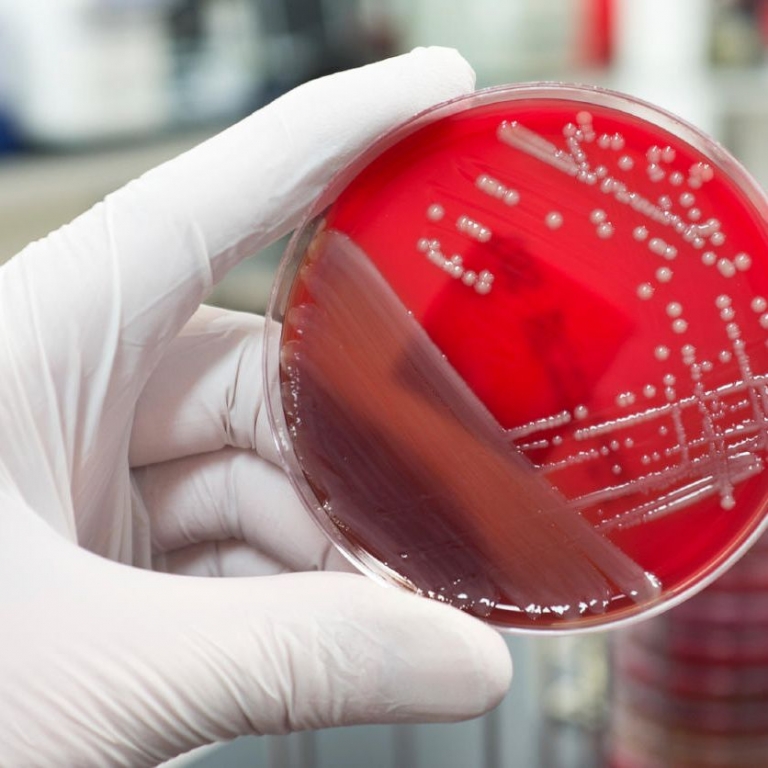
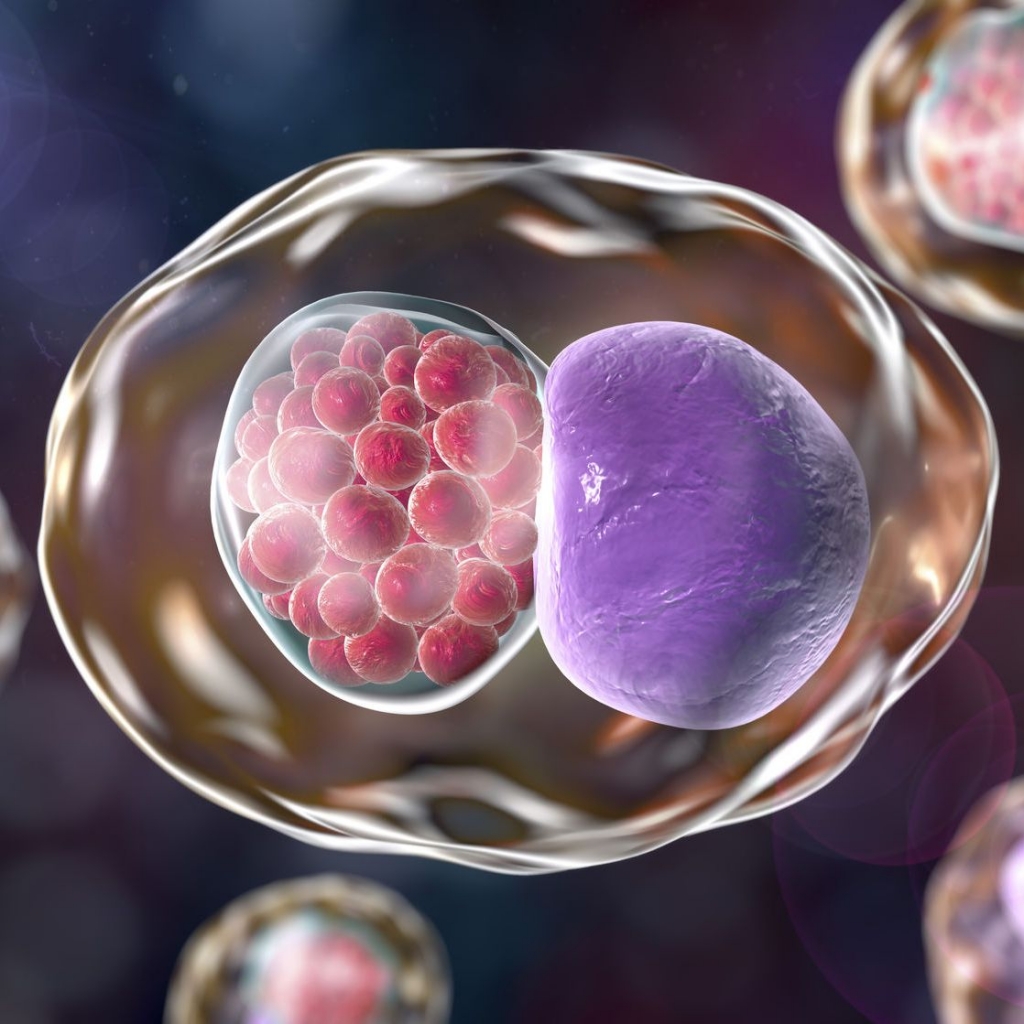
Neisseria Gonorrhoeae
It is a bacterium triggering the sexually transmitted disease commonly known as tripper or the clap. Nearly 10% of infected men live completely asymptomatically, so they pass on the infection without their knowledge.
The disease is easy to treat, but if left untreated, serious complications can develop. Symptoms include a burning sensation when urinating, discharge from the urethra, testicular pain, or discomfort. Gonorrhoea can be acquired during sexual intercourse not only through vaginal but also anal and oral intercourse, and there is a higher risk of infection in those who frequently change their sexual partners.
Chlamydia trachomatis
This bacterium lives and multiplies inside the cells of the infected body. During sexual intercourse, it is transmitted from the infected party to the partner, entering the body during both oral and anal intercourse.
If left untreated, infertility and arthritis are the most dangerous complications. Symptoms include a burning sensation when urinating, pain, discharge from the urethra, and discomfort around the testicles. Sampling can be done not only from the urethra, but also from the rectum, the surface of the oral cavity and the mucous membrane of the pharynx.
Herpes simplex I-II
Genital disease is most commonly caused by the type II herpes virus, however, both groups also occur around the genitals.
In the vast majority of cases, blisters appear in groups within 3 to 20 days of infection, accompanied by a burning, itchy sensation, which become painful, epithelial-deficient, or ulcerated after a few days.
For men, they can appear anywhere on the penis. Once the symptoms have passed, the virus migrates to the ganglia, where it remains for a lifetime, so it can be transmitted asymptomatically. If the immune system weakens, it can cause symptoms again at any time.
Treponema pallidum
This bacterium is the causative agent of syphilis. It is most commonly transmitted sexually or can be passed on to the foetus by the mother. Sexually transmitted infections usually result from direct contact with a so-called syphilitic chancre, which is a hard, painless ulcer that occurs on the skin or mucous membranes of the genitals.
Its course consists of several stages, the first symptoms appearing 2-3 weeks after infection. One or more ulcers appear on the body surface that was in contact with the partner, in case of in men, on the penis. Alternatively, approx. 6 weeks after the infection, red rashes appear all over the body.
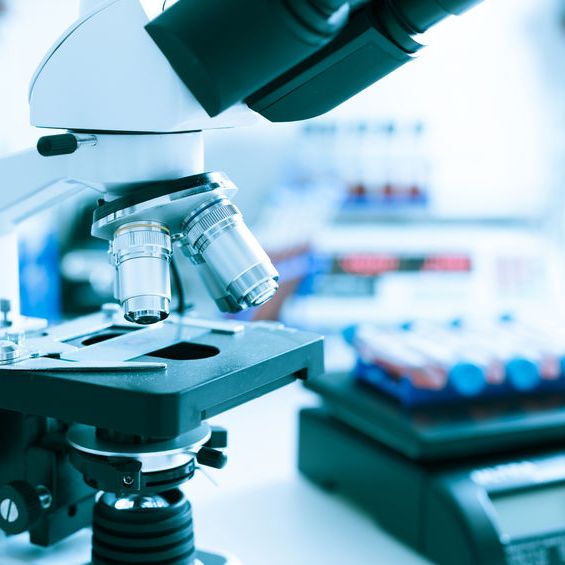
Tricomonas vaginalis
It is a flagellate, an animal unicellular microorganism (protozoan) that can infect the mucous membranes of the urogenital organs (urethra, prostate) in men.
Symptoms mostly appear on the glans penis and foreskin and can also cause urinary and prostate complaints.
Urological sampling
The test is performed on a sample taken from the urethra.
How do I prepare for the test?
It is important to note that it is contraindicated to use all kinds of medications around the genitals (ointments, brushes), antibiotics, fungicides before performing the test, as these may distort the test results.
Do not urinate 2 hours before the test, as the urine will wash out the secretion to be tested and sampling will be unsuccessful.
When is the result expected?
On the 5th working day following the examination.
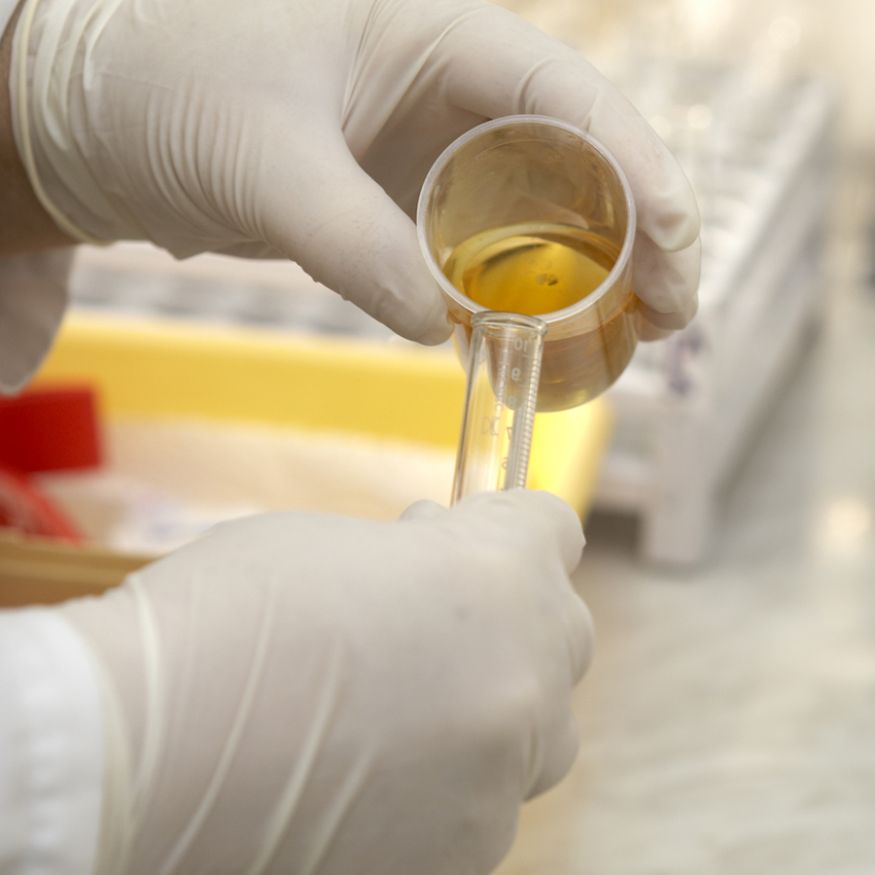
Cost of a sexually transmitted disease (STD) laboratory test with urological sampling:
The price of the laboratory test: 25 000 HUF
Sampling fee for the laboratory test: 10 000 HUF
In the case of the examination of a sample taken from a urological examination, no separate sampling fee is charged.
You can view the price list of our clinics in Budapest and the country by clicking here.

